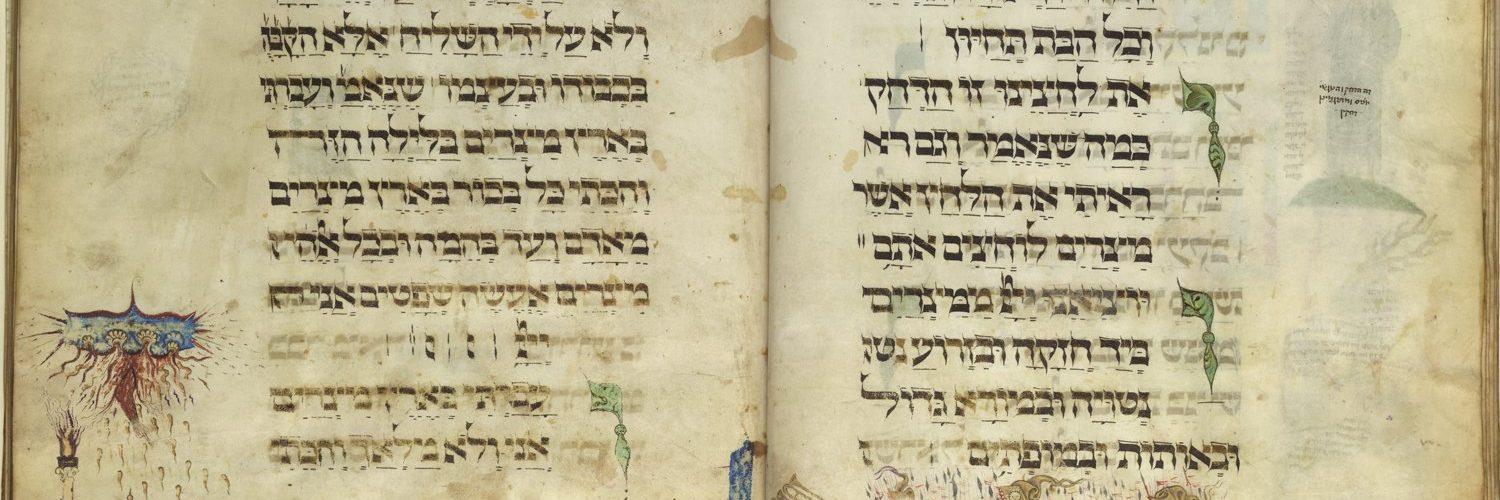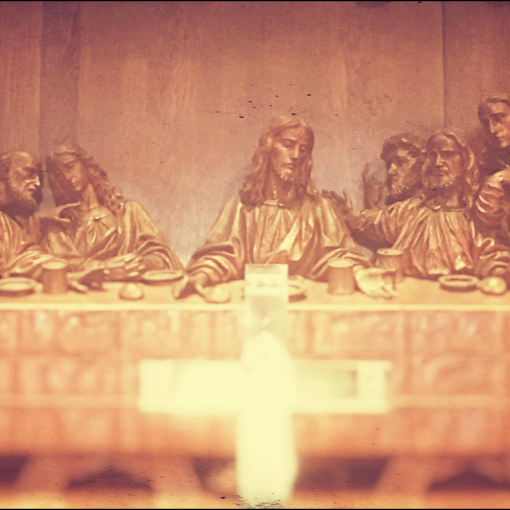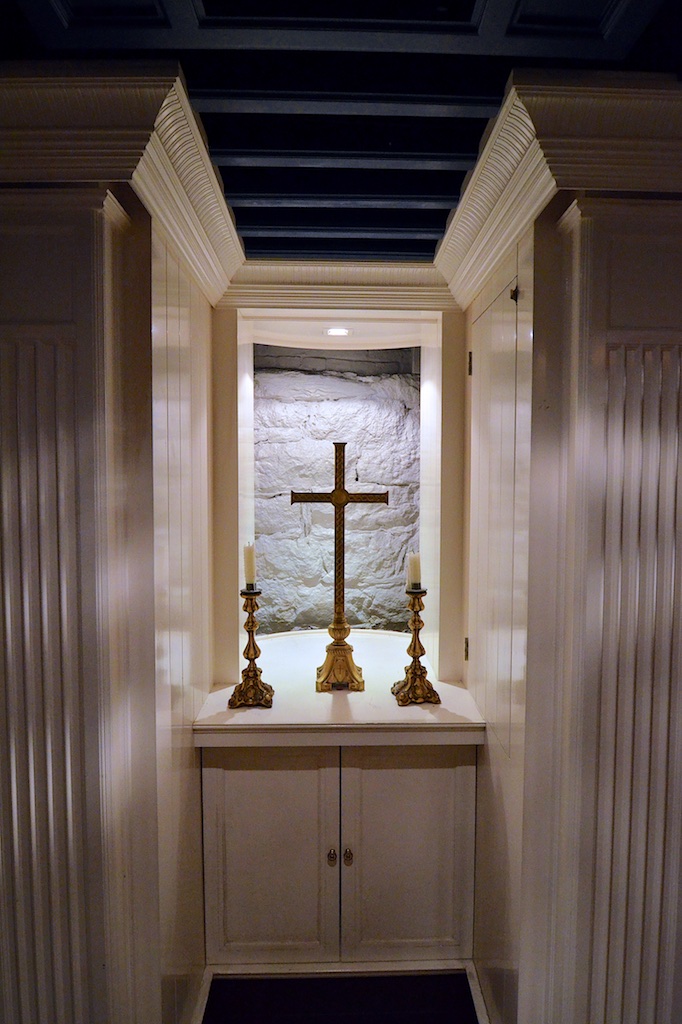This is an entry in the “Acrostic Contemplations.” Originally posted on January 1, 2024, this entry is the beginning of the second round of Acrostic Contemplations.
“Time does not exist.” “Time is a human construct.” “Latest theories of physics eliminate time entirely.”
These are all statements often found around the web, from the casual meme with a picture of a galaxy to give it gravitas, to serious research papers on physics and philosophy. I cannot speak to the latter, but I have lived for more than a day. In fact, I have lived for more than 20,000 days sequentially and I know that I cannot go back and change or relive a single one, not even the one just gone by. “Time” may be a construct, but it is a mighty useful one and reflects the actual experience, not just of humanity, but of all creation. We move through life, moment after moment, in a linear fashion.
Thinking about time is a challenge in and of itself. As Dorothy L. Sayers once wrote, “all conscious thought is a process in time; so that to think consciously about Time is like trying to use a foot-rule to measure its own length” (Strong Meat). Still, we think about time all the time.
One of the truths often expressed in those “time is a construct” memes is that we allow ourselves, individually and culturally, to be bound to conceptions of time, or more precisely, timeliness. Deadlines of one sort or another. In the “industrialized” world, we have framed and boxed our lives in with deadlines and timelines that direct (if not dictate) or daily lives. There is no doubt that to live a healthier life, many of us need to loosen these constraints, to find moments to simply exist within an agenda. Even for the secular world, Christmastide, or at least the week between Christmas Day and New Year’s Day is recognized as a time to pause for contemplation. It is also a time when we reflect on the passage of time, what we have accomplished in the year past and hope to achieve in the year to come.
Time, however conceived or viewed, should be harnessed for our health. In particular by how we mark the passage of time. It is appropriate, even vital, that we mark and reflect upon singular moments in our lives. The most obvious are birthdays and anniversaries, but remembering as well moments of great impact whether for our own lives or those of our family, community, or country. Frederick Buechner remarked, “memory is more than a looking back to a time that is no longer; it is a looking out into another kind of time altogether where everything that ever was continues not just to be, but to grow and change with the life that is in it still.”1 So, we remember our son’s Jahrzeit, our nation marks 9/11, and the world denotes the passage of another year. This is also why the Bible reminds us again and again for God’s work throughout history, to remember the past and provide hope for the future. Synagogues throughout history and around the world remember the Exodus, God’s deliverance of Israel from the slavery of Egypt. Likewise, every Sunday churches throughout history and around the world remember the death and celebrate the resurrection of Jesus. Marking time is not standing still, but acknowledging the past that opens into our future.
The passage of one moment to the next — time — is how our lives progress. How we remember and mark those moments shape our memories and help us make our future. Remember well.
- Frederick Buechner, The Sacred Journey, (San Francisco: Harper & Row), 1982, p.21. ↩︎




